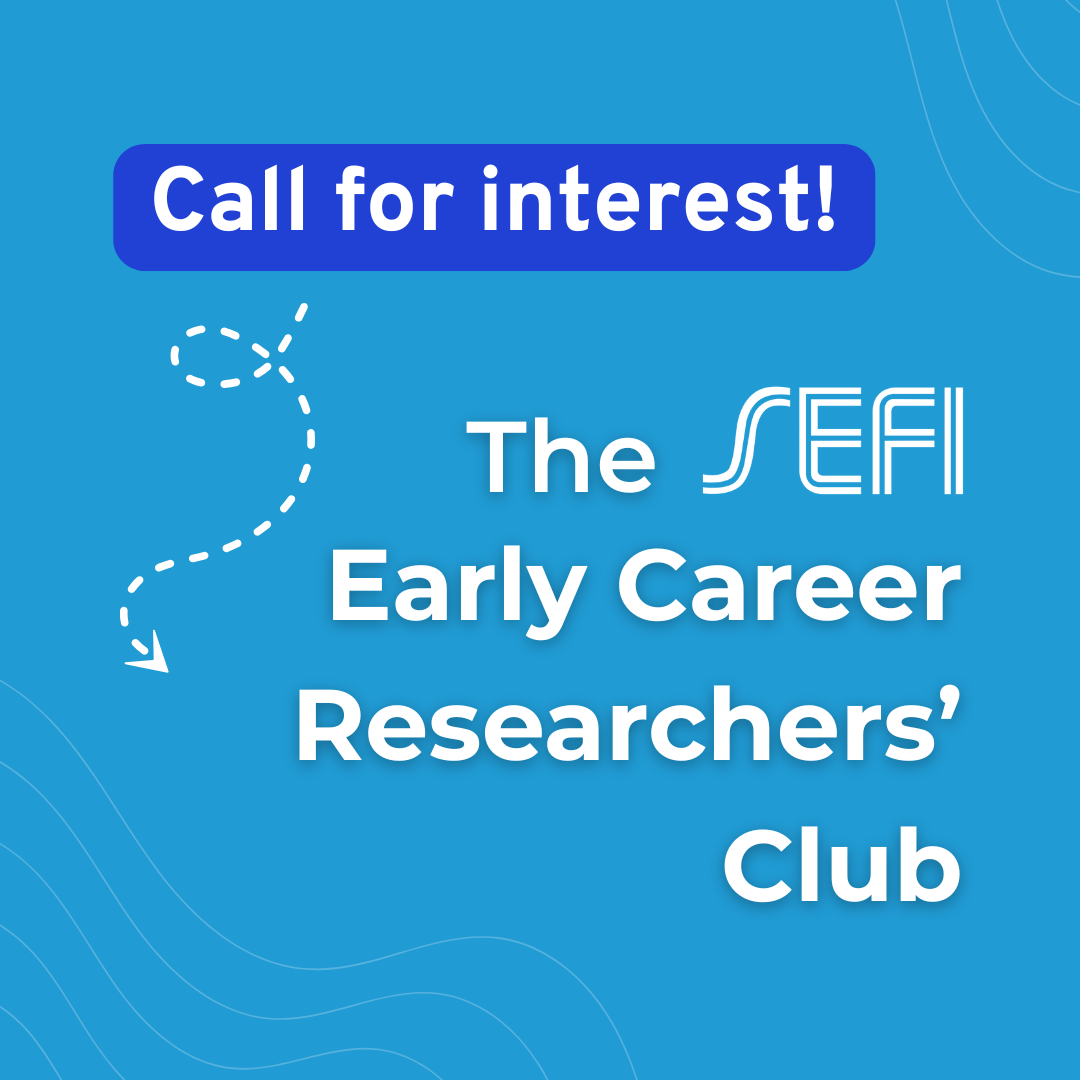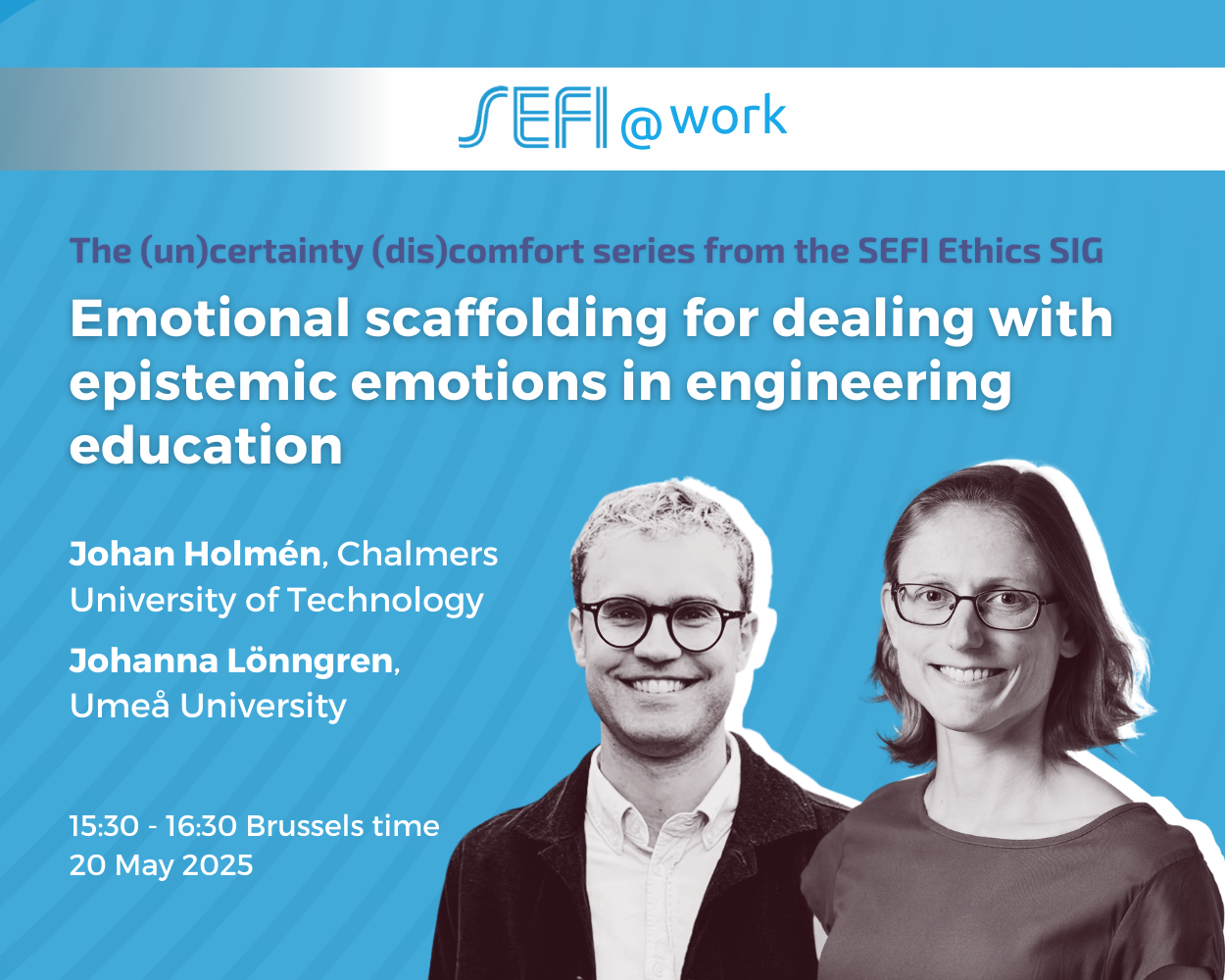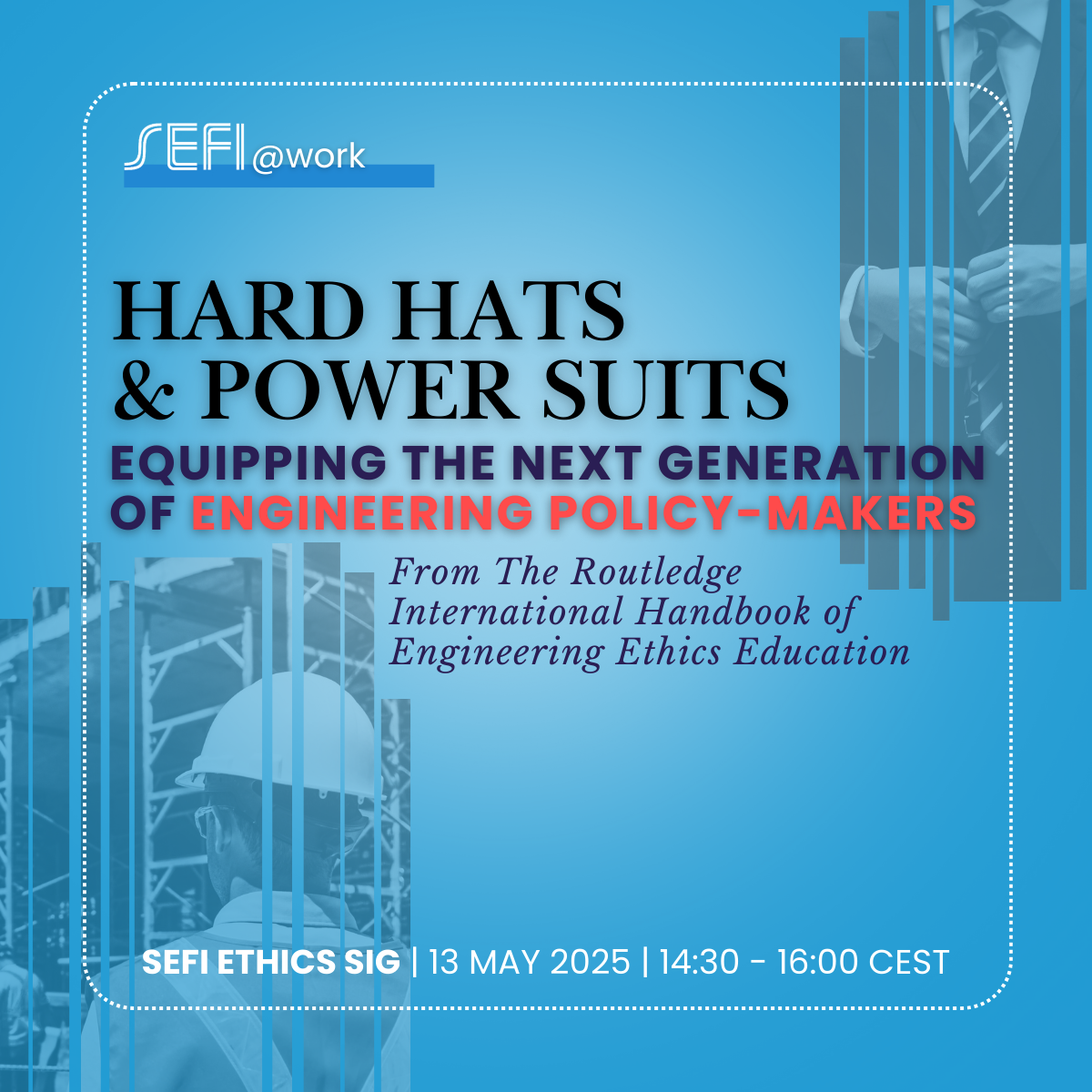UPDATE: We sincerely thank all participants for their interest in the 2025/26 intake. The survey…

For the past few years, my research at the University of Southern Denmark has focused on applying the value sensitive design (VSD) methodology to an exciting and sometimes contentious technology – drones (https://www.sdu.dk/en/forskning/sduuascenter). In many ways these flying robots are a perfect test-case for the application of the ethically-informed development process of VSD: they offer great possibilities – for example, to increase a rural populations access to critical healthcare, as well as significant risks – such as the degradation of privacy in what were once considered private spaces.
Now we begin our journey of incorporating VSD into engineering education. The strategy to doing so – developed in collaboration with Tabitha Andersen at the Faculty of Business and Social Sciences, among others – includes addressing paradigmatic, strategic, structural, and cultural barriers (Andersen & Cawthorne, 2021 – forthcoming in the International Journal of Technoethics). We aim to integrate VSD into education using delivery methods both in both narrow (discipline-specific) and broad (interdisciplinary) ways, and utilize existing structures such as the current curriculum as well as new structures such as formal cross-disciplinary research collectives.
Utilizing existing structures means incorporating VSD into currently offered courses and initiating new courses. Over the past year, I have supervised six drone master students on thesis projects utilizing VSD. The research topics have included capability caution, environmental sustainability, calmness, human-robot interaction, explicability, and privacy in drone design. A core theme in these projects is their holistic approach and explicit consideration of human values as part of the design process. This fall we will offer an elective course entitled “Ethics in Drone and Robotic Systems Design” to our drone and robotics masters students. Here, they will learn about how ethics and human values are relevant in their specific technical domains. These are small steps, but they will hopefully pave the way for new structures and ways of working – in a holistic, interdisciplinary, and ethically informed way.
Numerous obstacles to the implementation of VSD have already surfaced, including the value-free/value-neutral paradigm in the engineering sciences, issues of the limits of engineers’ responsibility, a focus on technology over humans/animals/nature, a lack of funding for interdisciplinary research, and institutional barriers which make collaborations across disciplines more challenging. To mitigate these challenges, we have taken on the role of “champions” or advocates of the VSD- approach. We do so by explicating the value-free/value-neutral paradigm and proposing alternatives such as VSD; taking on more responsibility for our own work and encouraging our students to do the same; demonstrating VSD in complex, real-world applications such as with drones; showing how different values can lead to technological innovation; and, through interdisciplinary collaborations, reminding engineering students that technology should, after all, be for the benefit of humans, animals, and nature.
Hopefully, these strategies, along with the champions that see the importance and potential of ethically-informed technology development in engineering education, will lead to a long-lasting and fruitful VSDvalue sensitive design journey.


